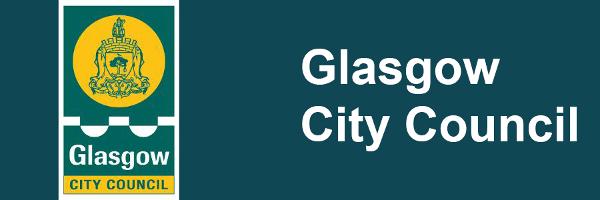Policy on Unacceptable Actions by Customers
Managing Unacceptable Actions by Customers
There are very few customers whose actions we consider unacceptable. We aim to manage these actions based on their nature and extent. If our ability to do our work and provide a service to others is affected adversely, we may need to restrict that customer's contact with us in order to manage the unacceptable action.
- We aim to do this in a way, wherever possible, that allows a complaint to progress to completion through our Comments, Compliments and Complaints Procedure.
- We may restrict contact in person, by telephone, fax, letter or electronically or by any combination of these.
- We try to maintain at least one form of contact and this sometimes takes the form of identifying a named officer that the customer may only contact. No other officers would have direct contact with the customer in this circumstance.
- In extreme situations, we tell the customer in writing that their name is on a 'no personal contact' list for specific council departments. This means that they must restrict contact to our Customer Care Team only, whether this is in writing, personal contact or through a third party.
- In some, extreme, circumstances a customer may be advised that he/she is not permitted on council premises. This measure is usually taken in consultation with Police Scotland.
- Although a customer may find themselves subjected to the Policy through contact with a specific council service (s), the Chief Executive's Department manages the restrictions on behalf of the council family.
- The threat or use of physical violence, verbal abuse or harassment towards staff is likely to result in the ending of all direct contact immediately with the customer. Incidents may be reported to the police. This will always be the case if physical violence is used or threatened.
- We also view the use of social media networks, such as Facebook, Twitter and YouTube to be covered by this policy. The preceding list is not exhaustive. The council has a zero tolerance policy if explicit threats are made against its staff on such outlets, and will always refer the matter to Police Scotland.
- We do not deal with correspondence (letter, fax or electronic) that is abusive to staff. When this happens we tell the customer that we consider their language offensive, unnecessary and unhelpful. We ask them to stop using such language and state that we will not respond to their correspondence. We may require future contact to be through a third party if they persist.
- Staff will end telephone calls if the caller is considered aggressive, abusive, offensive, unnecessarily repetitive or the time taken by the caller is disproportionate to the issues raised. The staff member taking the call has the right to make this decision, tell the caller that the behaviour is unacceptable and end the call if the behaviour does not stop.
- Where a customer repeatedly phones, visits, sends irrelevant documents or raises the same issues, we may decide to:
- only take telephone calls from the customers at set times on set days or put an arrangement in place for only one member of staff to deal with calls or correspondence from the complainant in future. The Corporate Customer Care Team, on behalf of the Chief Executive, will arrange this;
- require the customer to make an appointment to see a named member of staff before visiting the office; or,
- that the customer contacts the office in writing only;
- return the documents to the customer or, in extreme cases, advise them that further irrelevant documents will be destroyed; or
- take other action that we consider appropriate.
- Where a customer continues to correspond on a wide range of issues, and this action is considered excessive, then they will be told that only a certain number of issues will be considered in a given period and asked to limit or focus their requests accordingly.
- Customer action may be considered unreasonably persistent if all internal review mechanisms have been exhausted and the customer continues to dispute the council decision relating to their complaint or issue. The customer will be told that no future phone calls will be accepted or interviews granted concerning this complaint or issue. Any future contact by the customer on this issue must be in writing. Future correspondence is read and filed, but only acknowledged or responded to if the customer provides significant new information relating to the complaint or issue.




